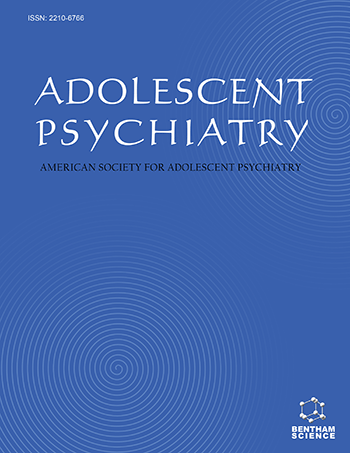Abstract
Background: Complementary and alternative medicine (CAM) has become increasingly popular over the past 20 years and is used by many adolescents and their families. CAM includes a host of integrative approaches whose difference from traditional medicine center around its holistic rather than compartmentalized approach to the patient, in which evaluation of health and well-being considers the mind, body, and spirit.
Methods: This article provides an overview of both pharmacologic and non-pharmacologic approaches, with a focus on 1) how CAM can be used in clinical practice; 2) how to best choose amongst available approaches guided by research findings that provide information to maximize safety and efficacy. Two hypothetical cases illustrate how to apply the research base of evidence to patients and thus avoid diagnostic pitfalls and safety concerns.
Results: Current research points to the efficacy of CAM in adult and adolescent populations and the efficacy of interventions that include attention to good nutrition, regular exercise, sunlight, and hygiene, especially as these interventions may prevent or reduce the incidence of conduct disorder. Recent studies suggest that CAM treatments can improve overall functioning and reduce difficulties such as insomnia, depression and aggression that occur due to anxiety, attentional deficits, and mood disorders.
Conclusions: It is important to acknowledge the current public perception that CAM treatments are less likely to cause serious adverse effects as compared to conventional treatments. More studies of adolescent populations critical to confirm which complementary and alternative medicine treatments are both safe and efficacious. An informed open-minded attitude to non-conventional approaches has the potential to improve outcomes and trust amongst parents, adolescents and mainstream medical and behavioral health staff.
Keywords: Adolescents, aggression, autism, ADHD, complementary and alternative medicine, dietary interventions, dietary supplements.






























